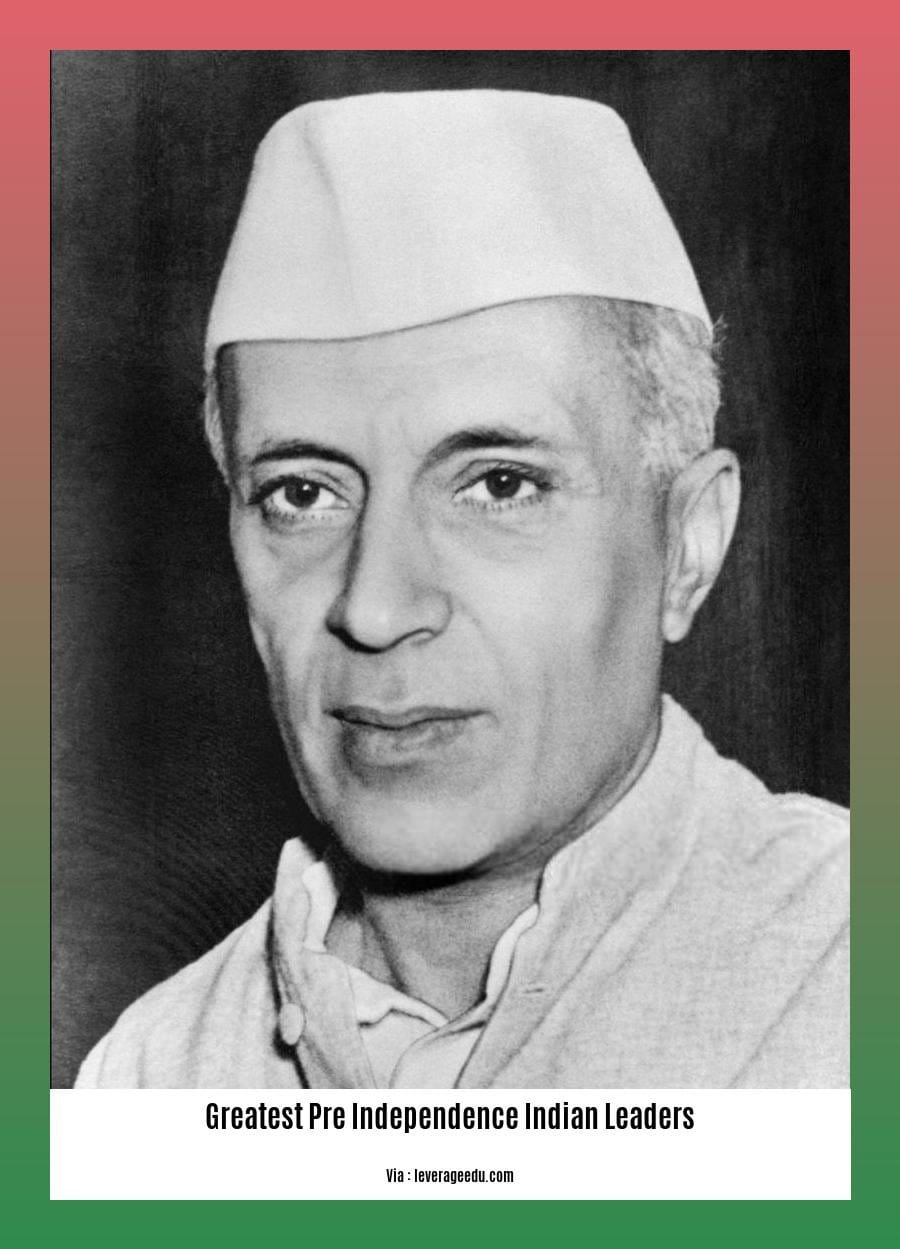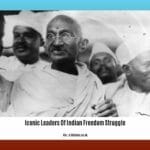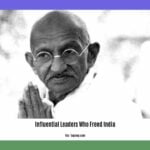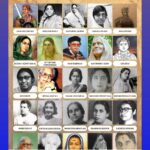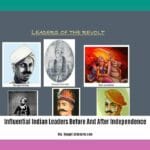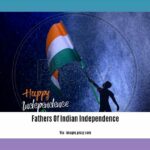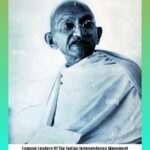Presenting “The Greatest Pre-Independence Indian Leaders Who Shaped the Nation”! This article delves into the lives and legacies of the extraordinary individuals who played pivotal roles in shaping India’s path to independence. From Gandhi’s nonviolent resistance to Ambedkar’s fight for equality, these leaders left an indelible mark on India’s destiny.
Key Takeaways:
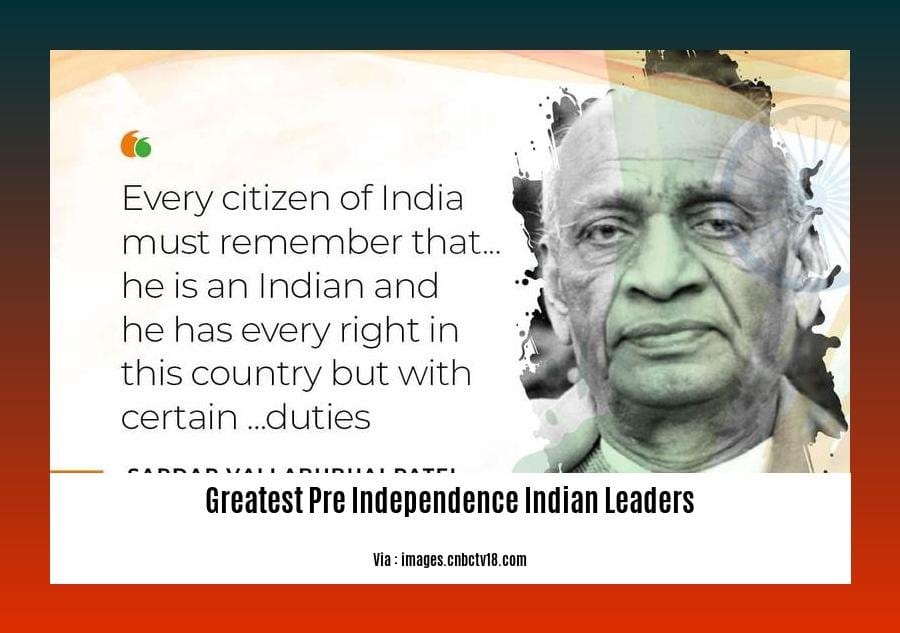
Popular Male Freedom Fighters: Mahatma Gandhi, Kunwar Singh, Vinayak Damodar Savarkar, Dadabhai Naoroji, Tantia Tope, Jawaharlal Nehru, Sardar Vallabhbhai Patel, Lala Lajpat Rai.
Famous Women Freedom Fighters: Kasturba Gandhi, Sarojini Naidu, Annie Besant, Aruna Asaf Ali, Sucheta Kripalani.
Mahatma Gandhi’s Contributions: Led the Indian National Congress, promoted nonviolent resistance (Satyagraha), and advocated for Indian independence and social justice.
Greatest Pre-Independence Indian Leaders
From Gandhi’s nonviolent resistance to Ambedkar’s fight for Dalit rights, India’s path to independence was shaped by remarkable leaders who left an indelible mark on the nation’s history. Here are the greatest pre-independence Indian leaders whose vision and sacrifices laid the foundation for a free India:
Mahatma Gandhi: The Mahatma’s philosophy of nonviolent resistance, known as Satyagraha, became the cornerstone of India’s freedom struggle. His unwavering belief in truth and nonviolence inspired millions to join the movement for Swaraj (self-rule).
Jawaharlal Nehru: As the first Prime Minister of independent India, Nehru played a pivotal role in shaping the nation’s foreign policy and economic development. His socialist ideals and internationalist perspective left a lasting legacy on India’s political landscape.
Muhammad Ali Jinnah: Jinnah, the founder of Pakistan, advocated for Muslim rights within India. His leadership of the Muslim League ultimately led to the partition of the subcontinent and the creation of Pakistan as a separate nation.
Subhas Chandra Bose: Bose, a fiery nationalist revolutionary, believed in armed resistance against British rule. He formed the Indian National Army (INA) and fought alongside the Axis powers during World War II.
Sardar Vallabhbhai Patel: Known as the “Iron Man of India,” Patel was instrumental in integrating the princely states into the newly independent India. His diplomatic skills and administrative acumen played a crucial role in shaping the nation’s political unity.
Bal Gangadhar Tilak: Tilak, a radical nationalist leader, advocated for Swaraj through mass mobilization and civil disobedience. His slogan, “Swaraj is my birthright, and I shall have it,” became a rallying cry for the independence movement.
Annie Besant: Besant, a Theosophist and women’s rights activist, played a significant role in the Indian National Congress. Her advocacy for self-governance and educational reforms left a lasting impact on India’s social and political landscape.
Rajendra Prasad: As the first President of India, Prasad was known for his legal acumen and constitutional expertise. He played a key role in drafting the Indian Constitution and shaping the nation’s legal framework.
Bhimrao Ramji Ambedkar: Ambedkar, a Dalit rights activist, was instrumental in drafting the Indian Constitution. His fight for social justice and the upliftment of marginalized communities left a profound legacy on India’s social fabric.
Khan Abdul Ghaffar Khan: Known as the “Frontier Gandhi,” Khan was a nonviolent resistance leader from the North-West Frontier Province. His unwavering commitment to peace and nonviolence earned him widespread respect and admiration.
India has had a long and glorious history, with many influential leaders who have shaped its destiny. To learn more about these leaders, both before and after independence, click here:
After independence, India has had many famous leaders who have guided the country through various challenges. To learn more about them, click here:
The Indian freedom struggle was a long and arduous one, and many iconic leaders played a關鍵 role. To learn more about them, click here:
Muhammad Ali Jinnah: Pakistan founder and Muslim rights advocate
Muhammad Ali Jinnah, the founder of Pakistan, was a pivotal figure in the Indian independence movement. He was an advocate for Muslim rights within India and played a crucial role in the partition of India and the creation of Pakistan.
Jinnah was born in Karachi, India, in 1876. He studied law in England and returned to India to practice law in Bombay. He joined the Indian National Congress in 1906, but later joined the Muslim League in 1913.
Jinnah became the leader of the Muslim League in 1916. He led the Muslim League in the negotiations with the British over the future of India. Jinnah and the Muslim League demanded a separate Muslim state within India.
In 1940, the Muslim League passed the Lahore Resolution, which called for the creation of a separate Muslim state in India. Jinnah and the Muslim League boycotted the Indian National Congress’s Quit India Movement in 1942.
After World War II, the British agreed to partition India into two separate states: India and Pakistan. Jinnah became the first Governor-General of Pakistan in 1947. He died in 1948, shortly after the creation of Pakistan.
Key Takeaways:
- Muhammad Ali Jinnah was the founder of Pakistan.
- He was a Muslim rights advocate within India.
- He played a crucial role in the partition of India and the creation of Pakistan.
Citation:
- Britannica:
Subhas Chandra Bose: Nationalist revolutionary and Indian National Army leader
Subhas Chandra Bose, an enigmatic figure in India’s freedom struggle, defied British rule, becoming a revered hero. His life and legacy remain etched in India’s history, even though his wartime alliances with Nazi Germany and Imperial Japan have cast shadows of authoritarianism, anti-Semitism, and military failures.
After a brief stint in the Indian Civil Service, Bose resigned to join the Indian National Congress, quickly rising as a charismatic leader. However, his radical approach calling for armed resistance against British rule often clashed with Mahatma Gandhi’s nonviolent philosophy.
In the early 1940s, Bose left India to seek international support for India’s independence. He formed the Indian National Army (INA), an armed force comprising Indian prisoners of war and expatriates in Southeast Asia. With the help of Axis powers, the INA fought against the British in Burma and Manipur, raising hopes of liberation for many Indians.
Bose’s military strategy was bold but risky. The INA faced significant challenges, including limited resources, tactical setbacks, and internal divisions. Despite their bravery, they could not overcome the British military might and suffered heavy losses.
After the war, Bose’s whereabouts remained a mystery, with conflicting reports about his death in a plane crash. His legacy continues to be debated, with some historians praising his revolutionary zeal and others criticizing his authoritarian tendencies and questionable alliances.
Key Takeaways:
- A Nationalist Revolutionary: Bose believed in armed resistance against British rule, forming the Indian National Army (INA) to fight for India’s independence.
- A Charismatic Leader: Bose’s fiery speeches and unwavering patriotism inspired many Indians to join the freedom struggle.
- Wartime Alliances: Bose’s wartime alliances with Nazi Germany and Imperial Japan have tarnished his legacy, with accusations of authoritarianism and anti-Semitism.
- A Complex Figure: Bose’s life and legacy are marked by both heroism and controversy, making him a complex figure in Indian history.
Citation:
Sardar Vallabhbhai Patel: Deputy Prime Minister and diplomatic skills
Sardar Vallabhbhai Patel, a towering figure in India’s freedom struggle, played a pivotal role as the country’s first Deputy Prime Minister and Home Minister. Known as the “Iron Man of India,” Patel’s diplomatic skills were instrumental in the integration of over 550 princely states into the Indian Union.
Patel’s unwavering determination and leadership earned him immense respect and admiration. He skillfully navigated complex negotiations and resolved territorial disputes, ensuring a peaceful and unified India. His diplomatic prowess was a testament to his vision for a modern, independent nation.
Key Takeaways:
- Patel’s diplomatic skills were crucial in integrating princely states into the Indian Union.
- His leadership and determination earned him the title “Iron Man of India.”
- Patel’s legacy continues to inspire generations of Indians.
Citation:
- Patel, Vallabhbhai. (2023, October 31). In Encyclopedia Britannica. Retrieved from
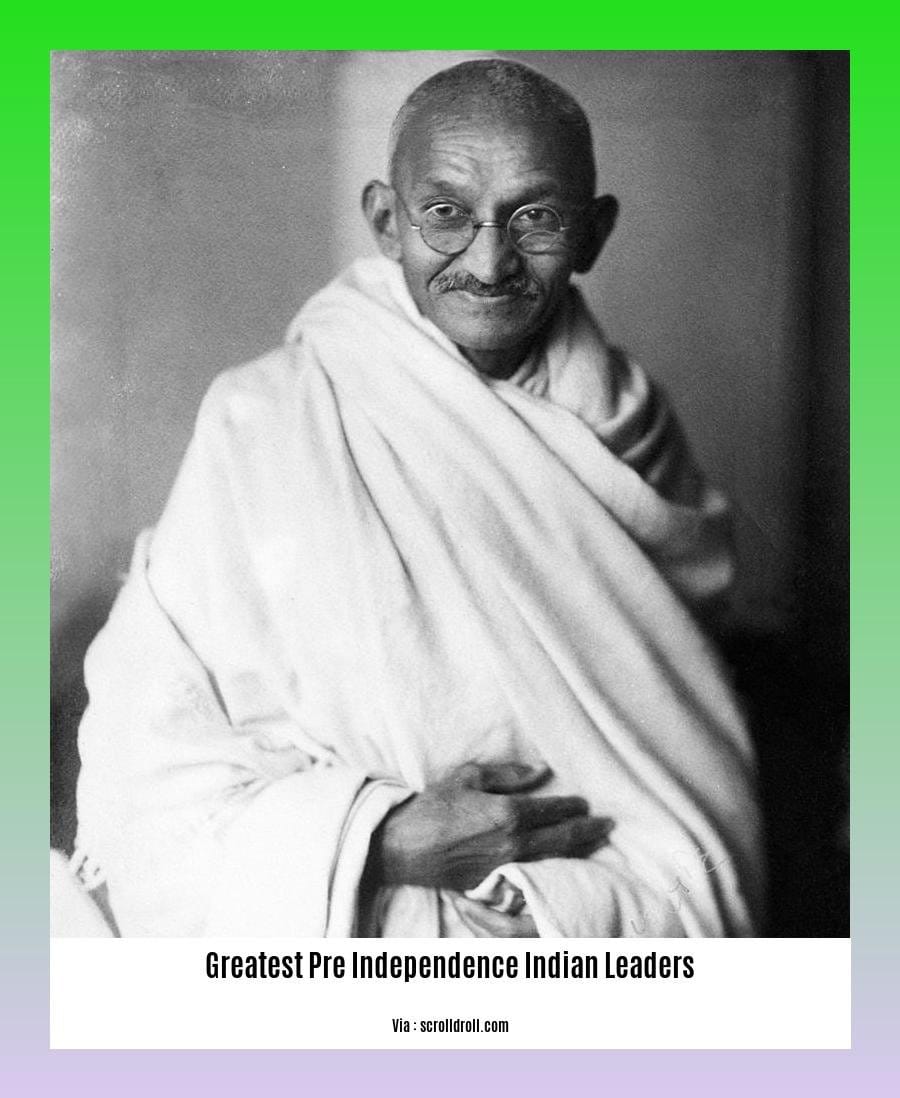
FAQ
Q1: Who are some of the most influential male Indian freedom fighters?
Q2: How did Mahatma Gandhi contribute to India’s independence movement?
Q3: What role did Mohammed Ali Jinnah play in the partition of India?
Q4: Why is Subhas Chandra Bose considered a controversial figure in Indian history?
Q5: What was Sardar Vallabhbhai Patel’s role in the integration of India after independence?
- China II Review: Delicious Food & Speedy Service - April 17, 2025
- Understand Virginia’s Flag: History & Debate - April 17, 2025
- Explore Long Island’s Map: Unique Regions & Insights - April 17, 2025
